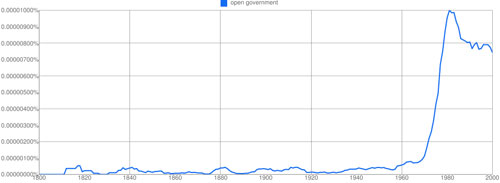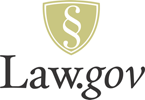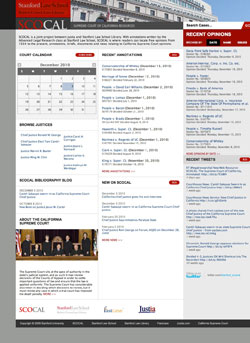 British authorities arrested Wiikileaks founder and editor-in-chief Julian Assange on Tuesday based upon a Swedish warrant charging him with sexually assaulting two women there over the summer.
British authorities arrested Wiikileaks founder and editor-in-chief Julian Assange on Tuesday based upon a Swedish warrant charging him with sexually assaulting two women there over the summer.
Assange’s arrest, along with decisions by technology companies, finance companies, and banks to distance themselves from the document-leaking web site he founded, have placed Wikileaks in a difficult position. Will the site remain under constant threat of being booted off the web?
Probably, but that just doesn’t appear likely to happen. Once Wikileaks started sharing documents with journalists around the world, it guaranteed that removing the diplomatic cables would be impossible.
Amazon evicted Wikileaks from the company’s servers, telling the group to look for hosting space elsewhere.







 The
The  Last week marked the formal launch of a new Supreme Court of California resource center, SCOCAL (
Last week marked the formal launch of a new Supreme Court of California resource center, SCOCAL ( British authorities arrested Wiikileaks founder and editor-in-chief Julian Assange on Tuesday based upon a
British authorities arrested Wiikileaks founder and editor-in-chief Julian Assange on Tuesday based upon a